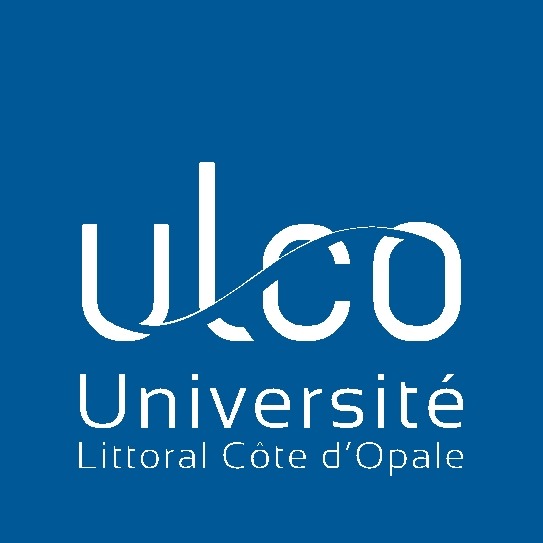Principle of innovation, precautionary principle and financial advances
The opponents of the “precautionary principle” have got a decisive point in Strasbourg, by having the European Parliament adopt an “innovation principle” during the deadly night of Tuesday, December 11th (2018). At a last-minute change in the debate on Horizon Europe, a 120 billion € research project, a group comprising Portuguese MEP Marisa Matias tried unsuccessfully to delete references in the proposed text to a “principle of innovation”. The party of the European Left, complained that “nobody really knows what it is”.
EU legislation often uses a “precautionary principle”, which basically means that policy makers are extremely risk-averse when they regulate in uncertain situations. In the EU treaties, the doctrine applies first of all to the protection of the environment, but also of health and personal data. From now on, the Parliament’s version of Horizon Europe also invokes “the principle of innovation” in its preamble.
The problem, say the pro-innovation MEPs, is that “we have too much preliminary discussion about the potential damage of a technology, even though we are not yet in the implementation phase.” The principle of innovation, whatever its definition, is born from a desire “to ensure that we do not limit innovation in the first phase”. They reject claims that the innovation principle is the result of industry lobbying.
Speaking during the parliamentary debate, Research Commissioner Carlos Moedas, a Portuguese Social Democrat, replied that “we need a principle of innovation, we need a precautionary principle. Both are complementary and important for Europe”. This quest for compromise, however, should not obscure the lessons of economics in innovation-based growth.
Will the 120 billion euros that the European Parliament envisaged, put European research at the level of American and Chinese research? Will they have the same impact in a precautionary context or in an innovative context? The budget thus defined must be regarded as a financial advance to successful European contractors (Quid of the British?) whose objectives are useful results at least to restore perceived advances and generate profits, in particular in a market system.
The assessment of the impact of Horizon Europe must therefore be made in the light of the reconstitution of the 120 billion euros distributed. If it is considered reasonable to estimate that the activities implemented in this context generate, for example, an average profitability of 10%, this means that Horizon Europe must be expected to accumulate a total of 1,200 billion euros incomes. If the average rate of return is appreciated at a higher level, for example 20%, then the volume of business needed to replenish advances is 600 billion euros. If, unfortunately, the average rate cannot exceed 5%, then the volume of activities needed to rebuild 120 billion is 2400 billion euros! And if the volume of measurable activities remains unclear and hidden under the carpet, then it means that we could have put this budget on other projects than research.
This intellectual approach evaluating the return of a financial advance to its proportion in the volume of activities to which it is attached is known since Jean-Baptiste Say. It is at the heart of the principle of innovation.
Consensual, the “principle of innovation” targets the regulations of any kind. What does this “principle” say? It assesses that “the impact on innovation should be fully taken into account” in each legislative initiative. The introduction of this principle in the preamble of Horizon Europe is therefore in itself a beautiful innovation.
Marian Wielezynski,
Research Network on Innovation, Paris



